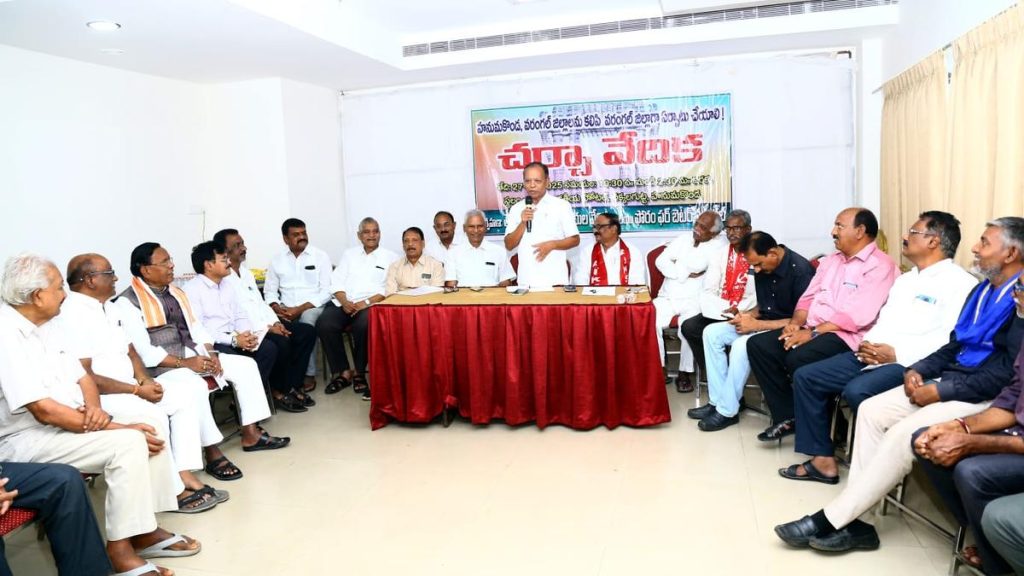Now Reading: Wife Selling Husband’s Flats for ₹6 Crore Exempt from Tax
-
01
Wife Selling Husband’s Flats for ₹6 Crore Exempt from Tax
Wife Selling Husband’s Flats for ₹6 Crore Exempt from Tax

Quick Summary
- A wife sold two house properties gifted by her husband in Mumbai for Rs 6 crore in 2020.
- The properties were originally purchased for Rs 34 lakh and Rs 17 lakh, respectively, in 2002.
- She incurred Long-Term Capital Gains (LTCG) of over Rs 4 crore but claimed a tax exemption under Section 54 by reinvesting the proceeds to buy another flat from her husband for Rs 3.85 crore.
- The Income Tax Assessing Officer (AO) challenged the LTCG exemption, raising six objections, including concerns about fund rotation and ownership status of the properties. AO alleged misuse of tax provisions via “colourable device.”
- ITAT Mumbai rejected AO’s objections, confirming that the transactions complied with legal requirements under Section 54.
- The Tribunal noted that payments were duly executed within stipulated timelines and upheld that ownership title legally transferred between parties.
Indian Opinion Analysis
This case underscores an unusual yet legally permissible request of India’s income tax laws regarding LTCG exemptions under section 54. By reinvesting capital gains into residential property as prescribed-even if purchased from her husband-the taxpayer effectively utilized loopholes to avoid paying taxes on a significant gain. However, ITAT Mumbai confirmed adherence to legal procedures including compliance with ownership transfer timelines.
While criticisms such as “rotation of funds” raised valid concerns about intent, dismissing broader cash flow scrutiny limited the ability to challenge these claims more robustly. This sets an interesting precedent where transactions within closely-knit familial or corporate relationships may complicate taxation enforcement. For taxpayers and authorities alike,clarity around perceived “colorable devices” versus genuine financial activities remains crucial in interpreting section-specific exemptions like those found in capital gains law.
From a wider lens: greater specificity or stricter guidelines might soon become necessary within India’s taxation frameworks-especially where familial ties are leveraged advantageously without breaching formal law.























